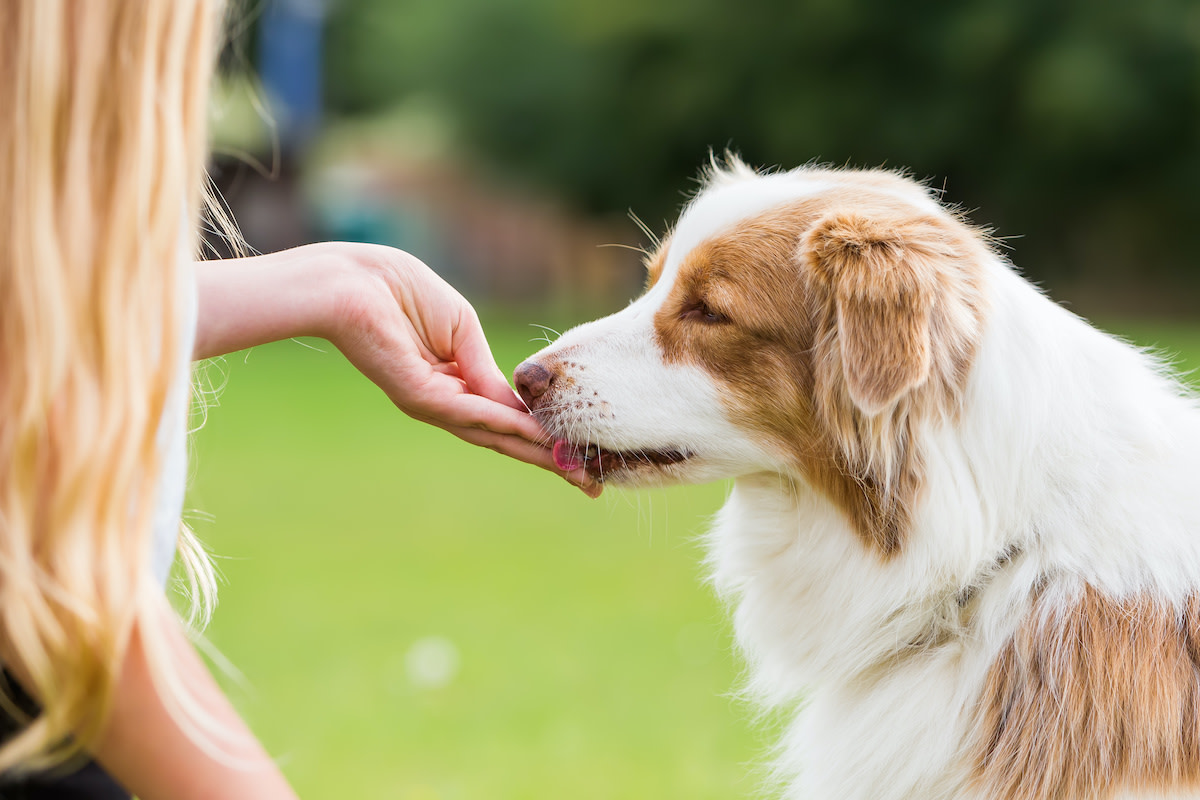Can Dogs Eat Butternut Squash? Benefits and Risks for Dogs
Written by MasterClass
Last updated: Apr 12, 2022 • 3 min read
Butternut squash can be a healthy snack for your pup as long as you keep certain risks in mind. Read on to learn the connection between butternut squash and your dog’s health.
Learn From the Best
What Is Butternut Squash?
Butternut squash is a variety of winter squash, similar to pumpkins and spaghetti squash. These squashes are vine-growing vegetables that people boil, roast, or grill. Butternut squash has a sweet, nutty taste that contributes a unique flavor to salads, soups, grain bowls, pastas, and other dishes.
Can Dogs Eat Butternut Squash?
Most dogs can consume butternut squash in small, infrequent quantities and do just fine. As an occasional snack, butternut squash can even contribute vitamins and other important nutrients to your dog’s diet. Therefore, butternut squash is a low-calorie, nutrient-dense choice if you plan to give your dog human food as occasional dog treats.
This relatively healthy food can still pose hazards to your pet, especially if your dog has an allergy or intolerance to butternut squash. If you know they can tolerate the food, use small pieces and monitor your dog closely to avoid their risk of choking. Additionally, it’s best to feed your canine companion butternut squash sparingly to avoid exceeding their daily calorie needs.
3 Potential Health Benefits of Butternut Squash for Dogs
It’s advisable to always feed plain butternut squash to dogs since seasonings can trigger health issues. Additionally, cooked butternut squash will be easier for your pet to digest than raw butternut squash. Consider the potential health benefits this hearty vegetable can provide your pet:
- 1. Boosted immune system: Butternut squash contains several essential vitamins and minerals, including beta carotene and folate. Similar to antioxidants, these might combat free radicals in your pet’s body to reduce the risk of heart disease and other degenerative conditions. Other nutrients in butternut squash include vitamin A, vitamin B6, vitamin C, potassium, magnesium, and calcium.
- 2. Hydration support: Butternut squash is more than four-fifths water, making it one of the more hydrating treats you can add to your pet’s kibble or regular dog food.
- 3. Improved digestion: This fibrous vegetable can keep your dog’s digestive system healthy and reduce their risk of developing colon cancer. The high fiber content helps canines regulate their bowel movements and maintain a healthy weight.
3 Risks of Feeding Butternut Squash to Dogs
A spoonful of plain, cooked squash can be a healthy addition to your pet’s dog food; however, too much butternut squash can be risky for your furry friend. Be aware of these three hazards:
- 1. Choking: Like other starchy vegetables, raw butternut squash can be difficult for dogs to chew and digest, making it a choking hazard. You can cook or purée squash to minimize this risk, as well as to reduce the chances of squash seeds and pulp leading to an intestinal blockage or constipation.
- 2. Gastrointestinal upset: Seasonings in butternut squash soup or other squash recipes can trigger severe gastrointestinal responses for your pet, so make sure the squash is always plain. Butter and other dairy products could harm your dog’s stomach and lead to nausea, vomiting, and diarrhea.
- 3. Pancreatitis: Butternut squash is rich in carbohydrates. If your dog can’t burn off excess carbs and glucose during the day, their body will store these as fat. Rapid weight gain and obesity can lead to chronic joint problems and inflammation of the pancreas, so avoid exceeding your dog’s calorie maximums and encourage daily exercise.
Before Sharing With Your Pooch
Certain human foods can cause adverse reactions in canines, so always consult your veterinarian to determine whether it is safe to add these foods to your pet’s diet. This article is for educational and informational purposes and is not a substitute for medical or dietary advice.
Want to Learn More About Training the Goodest Boy or Girl?
Your dream of having a dog who understands words like “sit,” “stay,” “down,” and—crucially— “no” is just a MasterClass Annual Membership away. The only things you’ll need to train up a well-behaved pup are your laptop, a big bag of treats, and our exclusive instructional videos from superstar animal trainer Brandon McMillan.
